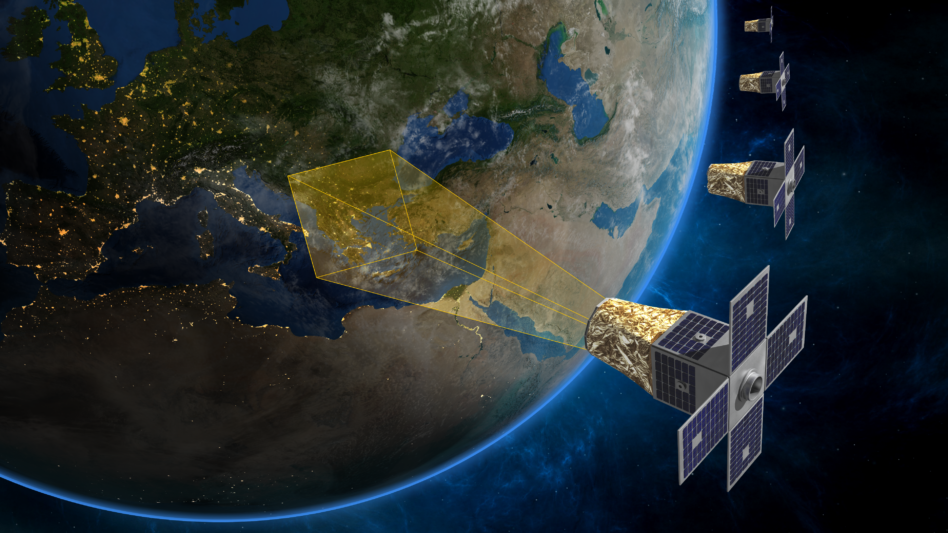Greece is poised to enter the arena of spacefaring nations with the imminent launch of its first-ever state-owned satellite constellation. This ambitious project, funded by the National Recovery and Resilience Plan Greece 2.0 and implemented in collaboration with the European Space Agency (ESA), marks a significant step in the nation's technological advancement and commitment to self-reliance in critical data acquisition.
Construction is set to begin within a month on the first of 13 satellites that will provide a comprehensive view of Greece from space. This €60 million investment aims to empower various government agencies with vital data for enhanced environmental monitoring, disaster response, and national security.
Three Types of Eyes in the Sky
The constellation will comprise three distinct types of satellites, each serving a unique purpose:
- High-Resolution Imaging Satellites (7 total): These satellites will capture detailed images of the entire Greek territory, aiding in land registry monitoring, detecting illegal construction, identifying environmental pollution, and monitoring coastal areas.
- Thermal Imaging Satellites (4 total): Equipped with specialized sensors, these satellites will provide crucial real-time data for fire monitoring, particularly during nighttime hours when visibility is limited, significantly bolstering firefighting efforts.
- Radar Satellites (2 total): These advanced satellites will play a critical role in national security by surveying military installations and providing vital information during earthquakes and floods. Their ability to "see" through debris and assess flood depth will be invaluable for disaster response teams.
A New Era of Data Sovereignty
By owning and operating its own satellite constellation, Greece aims to reduce reliance on external data sources, ensuring timely access to critical information and bolstering its national security apparatus. The project also highlights the nation's dedication to utilizing space technology for a sustainable future. The data gathered from these satellites will be instrumental in monitoring environmental changes, managing resources efficiently, and responding effectively to natural disasters.
This ambitious undertaking positions Greece at the forefront of space technology within the region and signifies a new era of data sovereignty and technological advancement for the nation.


